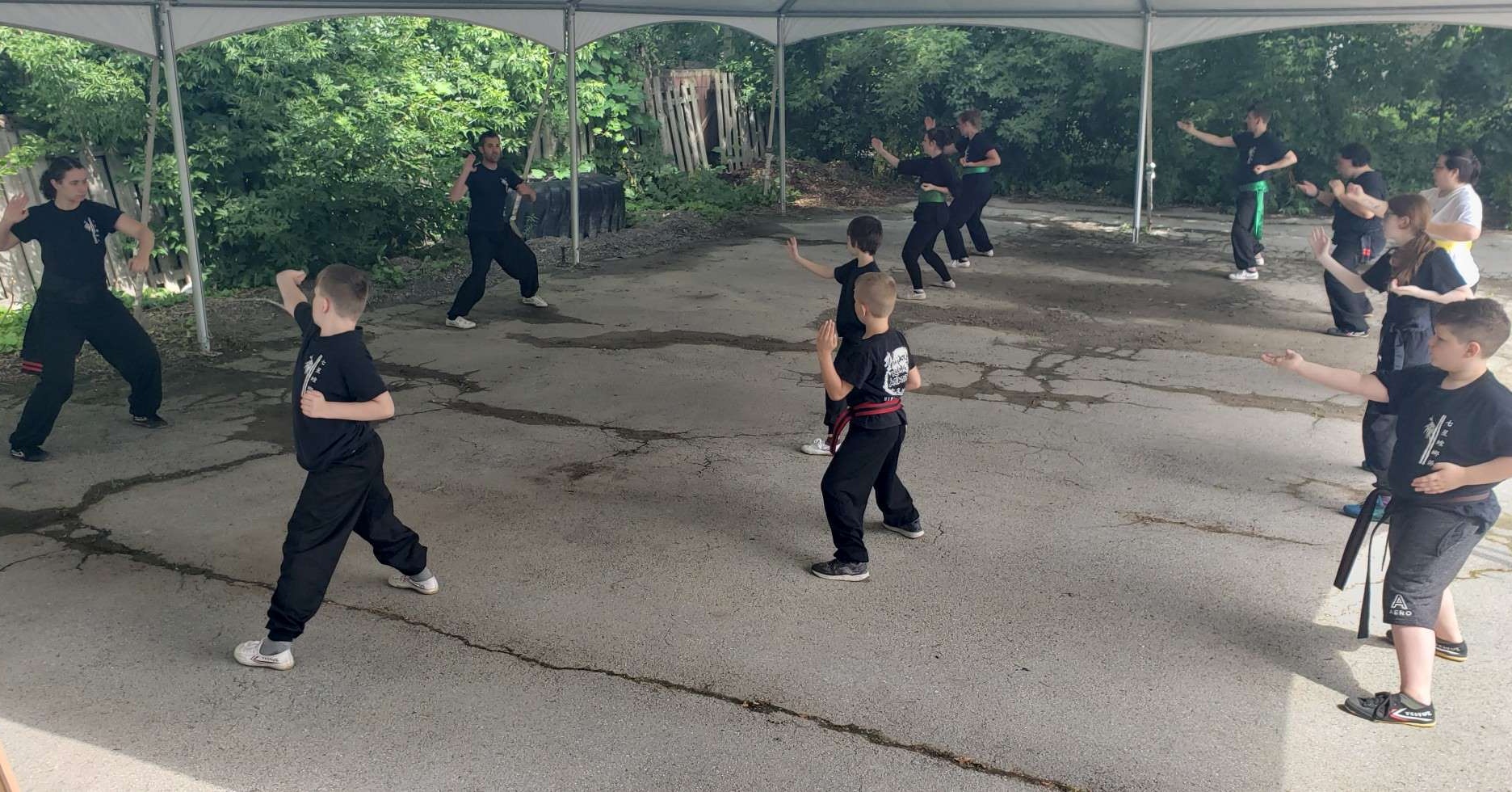As we get back to our old routine, like late 2019 era, there’s a couple of approaches we should be weary of beforehand. I thought I’d write this quickly because it’s a pressing issue. I didn’t want too much time to pass before I address it.
We’re bound to make one of these two mistakes if we’re not careful.
The first being assuming everything is exactly as it was. The truth is, it’s not. You very likely do not have the same body you had a year and a half ago. You might be the same weight, so you think you’re fine. This doesn’t mean your stamina is the same, your flexibility is the same, your balance is the same. Don’t rush into the exact same type of activity you remember yourself doing pre-demic .
Don’t get flustered when your kicks aren’t as high as they were before,
and don’t push them to that height because that’s how high you remember kicking. Your body might disagree and this disagreement will end in you being hurt. Take your time. Your comfort zone may have shrunk back down again, don’t rush to expand it back out to where it was previously. Gentle nudges outside of it will do.
Your muscle memory might be a little hazy. If your body structure is slightly different, even subconsciously, your muscles, ligaments, tendons, bones, might not support what you’re now trying to do. Take time to build back muscle memory with light repetitions of everything. Refresh those neural pathways lightly and don’t put too much impact in just yet.
The same is true psychologically…
You may have spent a lot of time without seeing people face to face, especially without masks on. Trying to jump straight back in to the same social activity before and after class you were used to could be stressful for you. Take your time. Small consistent increments are what made your training great in the first place. If you have had trouble with social anxiety in the past and have overcome it, don’t expect to have the same confidence you earned previously; it may take a little time to come back. Don’t be upset about this. Give yourself time and take small yet consistent actions. The good news is you will return to your previous progress much faster, but no rush is needed.
The second mistake you might find yourself making is not getting moving at all.
You will think of what you used to be capable of, realize you cannot do the same things as before, and then just not start training again altogether. The solutions is the same; small consistent action.
If you’re worried about fitness training, just make it through the warm up. If you’re worried about the warm up, just get to bowing into class. If you’re nervous about bowing into class, just step onto the mat. If you’re shy about stepping on the mat, just step through the front door.
Remember the one dish theory.
When you’re in a rut and you’re depressed, and your kitchen is a mess and the sink is full of dishes, don’t try and contemplate the whole plan of getting yourself up, getting the house clean, organizing yourself, and getting back up to full speed again. Instead, give yourself permission to wash just one dish and then sit back down. After that if you feel like washing one or two more then go ahead.
The best Kung Fu isn’t found in the dramatic montage you do once, it’s found in the routine that starts off with only 1 minute per day, consistently, that gradually compounds.
Start with just a little momentum. Put on your Fei Yu shoes and wash a dish.
See you in class 😉
Sifu Atalick
Master Instructor
Holistic Kung Fu Online
Niagara Kung Fu Academy
Sifu Atalick has owned and operated the Niagara Kung Fu Academy since 2005 and has been teaching Holistic Kung Fu for 20 years. Holistic Kung Fu as taught at NKFA helps kids and adults build self-discipline, confidence, and focus, helping them to achieve higher levels of success and fulfilment academically and in their careers. He is the author of “Be Like Tea: The Art of Holistic Kung Fu”



